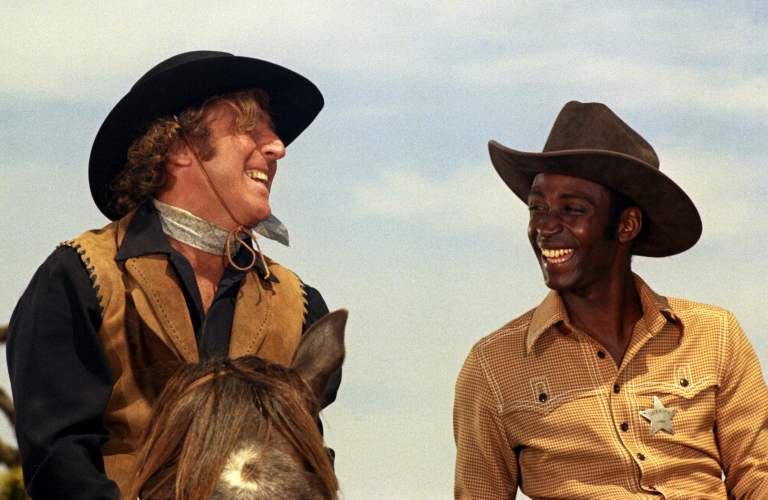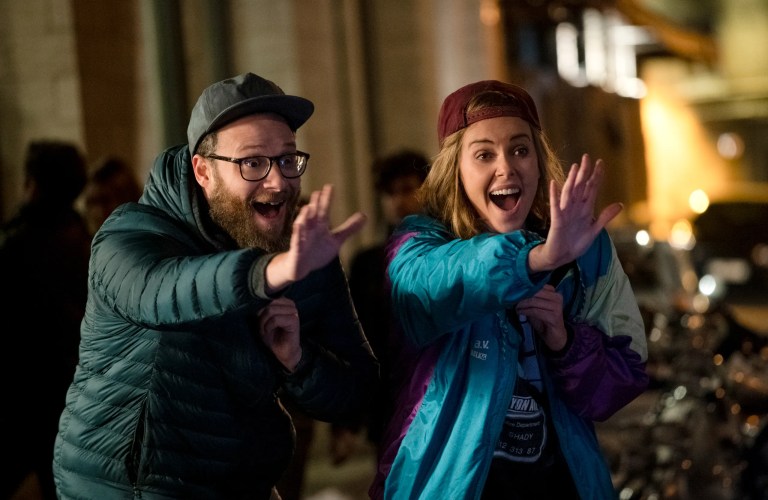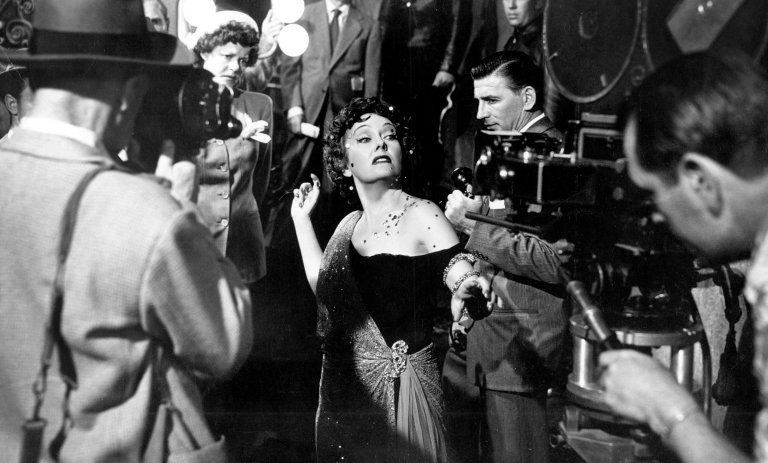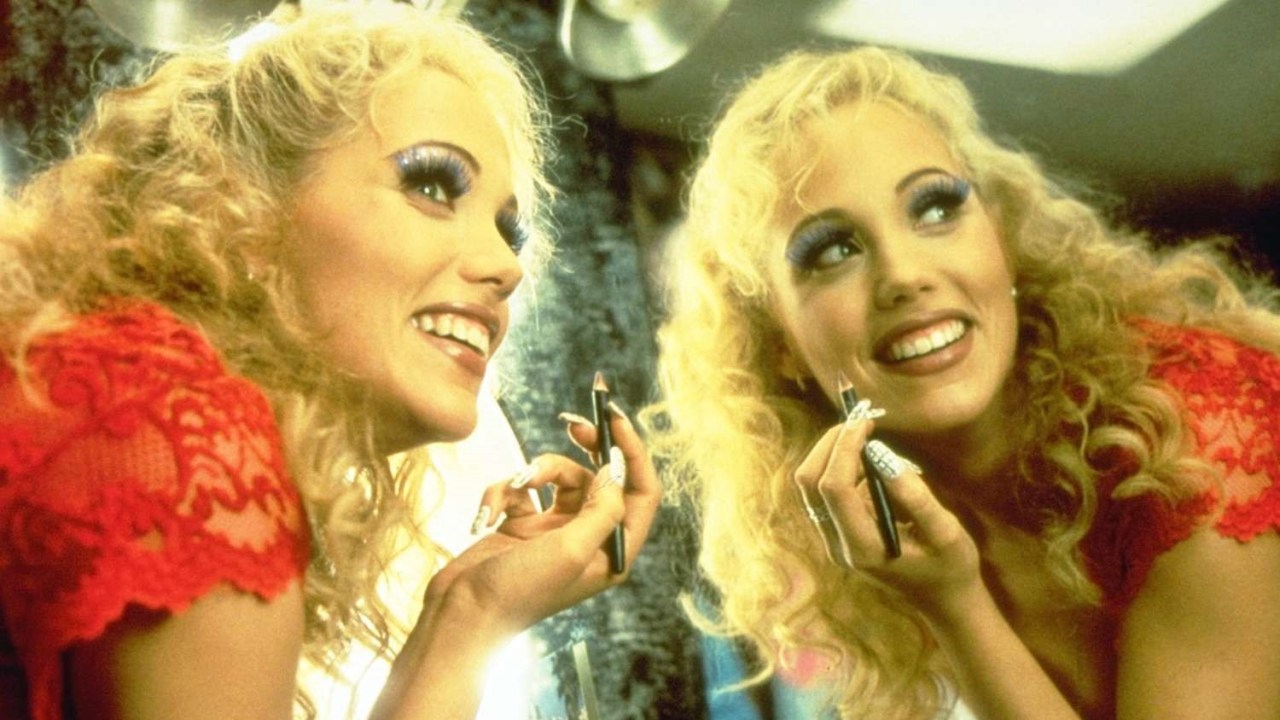
The 7 Worst Cases Of Overacting In Movie History
If acting were easy, everyone would do it.
On the other hand, it would appear courteous to not hog all the acting for one’s self — to leave some acting leftover for one’s costars. To act just enough. Sadly, the disease of overacting still recurs annually, like the flu, causing even the best actors to occasionally act more than their share. There is currently no vaccine or even a prognosis for the condition; once the performance appears in cinema, it’s dead on arrival. Or, should we say it’s too alive?
Here are 7 unforgettable cases of overacting from movie history.
1. Nicolas Cage in The Wicker Man (2006)
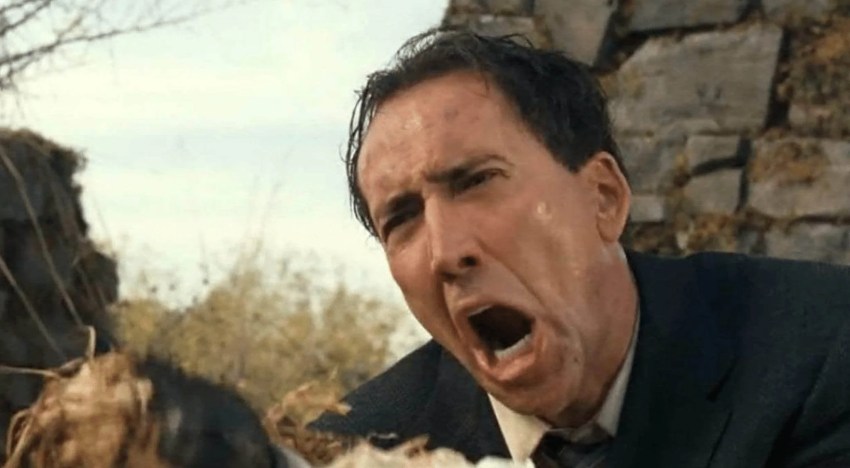
You just can’t look away. Though Nicolas Cage is often celebrated for his eccentric je ne sais quoi, he gives way too much quoi in this movie. Quoi up the wazoo. Quoi of the ears, eyes, and mouth. The movie is already surreal enough, so when you add Cage’s wild stares and infamous “bees” scene, you get unbridled chaos. Indeed, Cage takes overacting to a surreal extreme here, delivering a cartoonish intensity that mines as much unintentional humor as it does bewilderment. If you were to play this movie for someone in a coma, they would wake up after 20 years just to wonder who hurt you.
2. Arnold Schwarzenegger in Batman & Robin (1997)
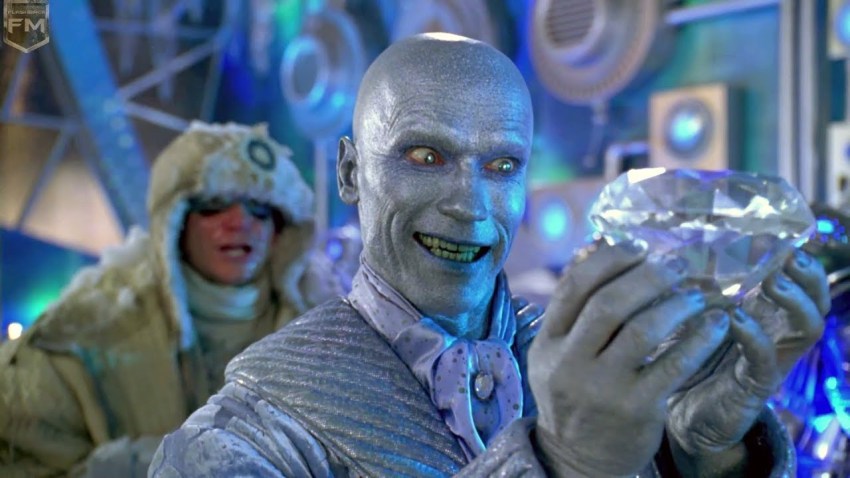
Puns are already risky enough, but if an actor delivers them with an intentional dose of camp, they can soar. Unfortunately, the jury’s out on whether Arnold knows what camp is or whether he possesses it. He fires off all his puns with utmost sincerity in this movie, making lines like “ice to see you” sound truly glacial. Meanwhile, when it’s time for him to indicate dramatic villainy, he summons a disconcerting combination of near-anger and muscular shouting. Like, does he think this movie is a melodrama? Or a documentary about climate change?
3. Jared Leto in Suicide Squad (2016)
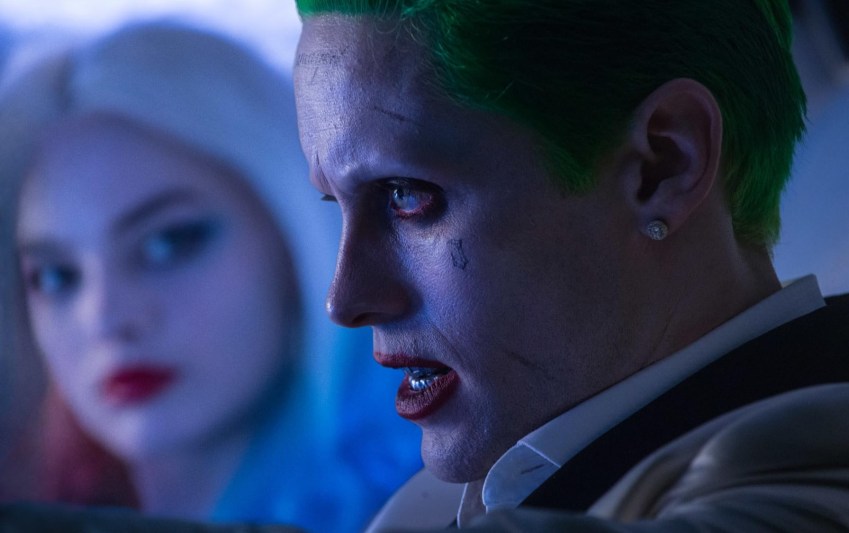
Some people say that this performance is actually good. I say that those people are all just Jared Leto using 50 fake social media accounts. Either way, it’s undeniable that Leto goes to extremes with this role. Despite not even being the main character, Leto manages to infuse the Joker with incessant maniacal laughter, unsettling mannerisms, and a theatrical intensity unmatched by even the 9-year-old gay kid at my old apartment who used to belt out “Listen” from Dreamgirls every time his mom made him eat broccoli.
4. Eddie Redmayne in Jupiter Ascending (2015)

Redmayne is renowned for his literally transformative performances in movies like The Danish Girl and The Theory of Everything, but Eddie unfortunately didn’t get the memo that Jupiter Ascending was a sci-fi popcorn flick. He portrays the genetically-engineered Balem Abrasak as a true alien, marked by inhuman gestures and jump scare-inducing volume changes. It just feels a little much within the context of this movie, especially opposite Channing Tatum and Mila Kunis, who are renowned underactors.
5. Tommy Wiseau in The Room (2003)
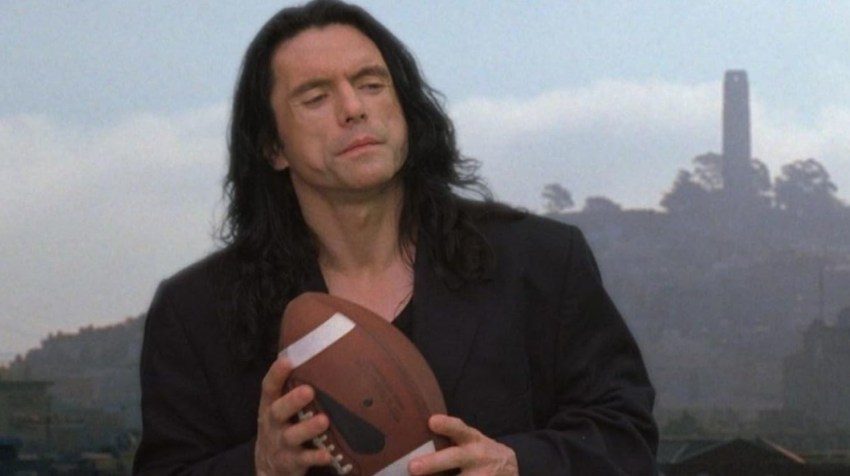
Just look up “Tearing me apart Lisa” on YouTube.
6. Will Smith in Seven Pounds (2008)
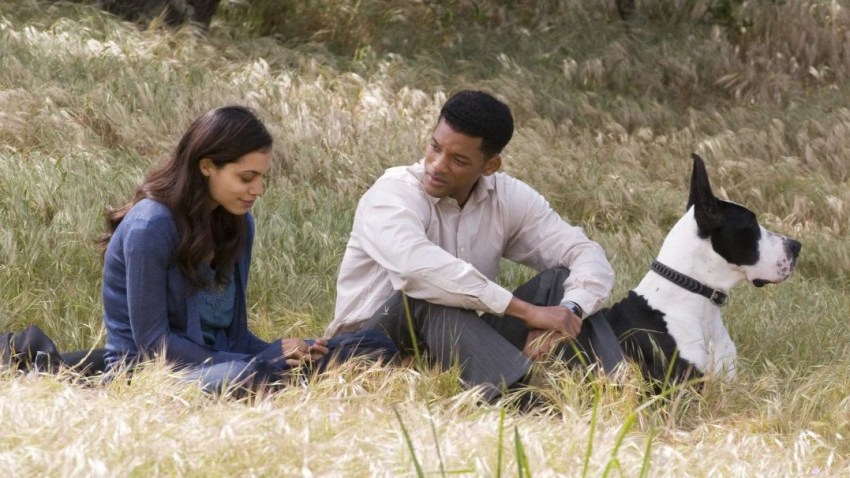
Why opt for one emotion when you can have them all? While usually effective as a dramatic actor, Smith got a bit carried away playing the savior role in this movie. At some point in the middle, he began indicating selflessness in every single scene, making us see his grief and guilt so that we wouldn’t mistake him for someone enjoying himself. Then, when the plot went off the rails, Smith wasn’t sure how to carry the narrative and just started portraying 500 human emotions in each of his scenes. He had to cover his bases!
7. Elizabeth Berkley in Showgirls (1995)
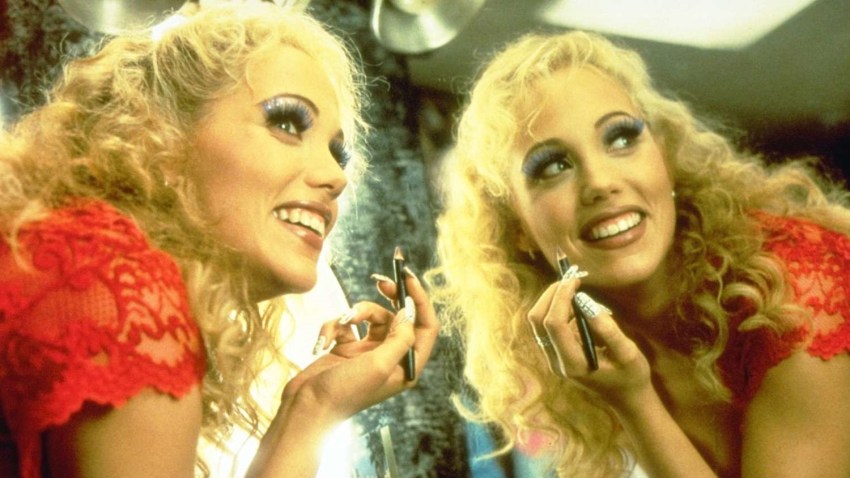
Showgirls is up there with The Room in terms of “so bad they’re good” movies. Well, it holds that esteemed status within the queer community at least, and that’s mostly thanks to Elizabeth Berkley’s masterfully melodramatic performance as Nomi Malone. Her bombastic facial expressions, flailing jazz hands, and wobbly vocal inflections are meant to portray ambition, desperation, and sensuality, but instead they just portray those inflatable tube men that flop around outside gas stations. This movie is a camp cult classic, and we have Elizabeth “Different Places” Berkley to thank for that!
